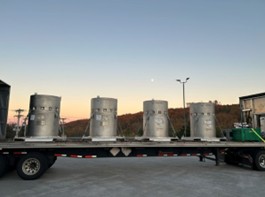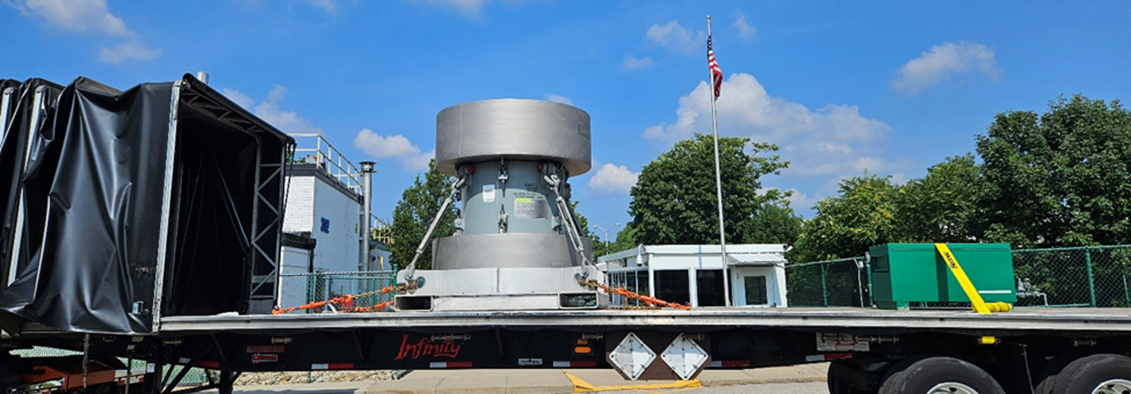Fuel Cycle Consulting

NAC International’s fuel cycle expertise provides insights customers require for business operations, investment strategies, and strategic and policy development.
For decades, NAC’s experienced consulting team has supported the entire industry on an independent basis, providing expert nuclear fuel cycle advice from an international and up-to-date perspective.
NAC is familiar working at the highest levels within private sector and government clients, offering highly-developed sensitivity to requirements relating to analysis and presentation.
NAC’s nuclear market expertise is comprehensive, covering uranium mining, milling, conversion and enrichment; fuel assembly fabrication and procurement; nuclear fuel transport and storage; spent fuel reprocessing and recycled fuels; waste management and disposal policies, strategies and costs; and prudence reviews of costs and plans for the decommissioning of nuclear facilities.
For decades, NAC’s experienced consulting team has supported the entire industry on an independent basis, providing expert nuclear fuel cycle advice from an international and up-to-date perspective.
NAC is familiar working at the highest levels within private sector and government clients, offering highly-developed sensitivity to requirements relating to analysis and presentation.
Many utilities engage in fuel procurements infrequently, which is why they rely on NAC to provide them with the industry knowledge and independent analysis they need to execute a successful transaction.Our experts can tailor fuel cycle consulting to support strategic planning; market research and analysis; technical, political, public, socio-political issue analysis, price forecasts; procurement strategies; bid specification preparation; bid evaluations; uranium property evaluations; competitive analysis; contract negotiation, support and contract review; merger and acquisition analysis; data collection and analysis; and expert testimony.
NAC’s nuclear market expertise is comprehensive, covering uranium mining, milling, conversion and enrichment; fuel assembly fabrication and procurement; nuclear fuel transport and storage; spent fuel reprocessing and recycled fuels; waste management and disposal policies, strategies and costs; and prudence reviews of costs and plans for the decommissioning of nuclear facilities.



